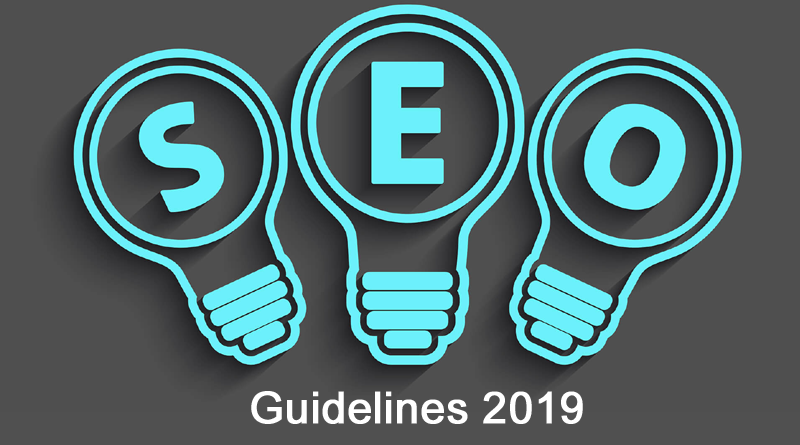Top Keyword Analysis for Beginners
While performing SEO, keyword analysis is the most important step. Keyword analysis is the
process of obtaining the best keywords. Best keywords are nothing but keywords searched
by many users for a particular product or service. The main objective of this process is to
choose those keywords which are capable of generating conversions. Appropriate selection
of keywords is an important initiative for the success of any project.
3 Types Of Keywords Needed For Successful SEO And SEM
While creating a content in both organic search and paid search. It is essential that your
digital program will use these three keywords. Each type of keywords has their own
advantages and disadvantages but enclosing all these in one gives strong results.
Generic Keywords
Generic keywords are unspecific keywords which do not defines what exactly our intention
for the search. Like “football shoes”, “weight loss” are considered a generic term. Generic
keywords are
Unspecific
Costly
Highly competitive
Tough if we want conversions from them
However, if it is possible to rank for a generic keyword that site will receive a decent amount
of traffic from that term. When running an AdWord campaign it is good to integrate some of
these generic nature of keyword to cover every opportunity
Due to the competitive nature of generic keyword, they will price a lot of per click. If the ad ranks well and receives an honest ad score from google, decent traffic might follow. Just as with
organic search, once a user gets on the website from the search engine, conversions will
most likely low for this term.
Generic terms are tough decision to pursue and try to avoid them unless you have the right
site with the right content and the right promotion budget behind it.
Broad Match Keywords
Broad match terms are the core of SEO. Terms like “women’s tennis shoes” or “low-calorie
recipe” will provide a stronger opportunity and engagement than a generic term.
Optimization with broad match terms will provide good traffic with not much competition. A
broad match searcher has a specific item/content and provides an average amount of
conversions.
Broad match terms are right in the middle of things and are highly recommended due to
moderate competition/cost and click through rate. A site that bases the majority of its content
around these type of terms will perform pretty well.
Long Tail Keywords
Long tail keywords are long phrases used to define what we want to search exactly
something like “how to add live support chat to a website” would be considered a long tail
keyword. The audience is less as it does not increase reach for the website.
These keywords are having low competition
Reach is limited
Conversions are limited
Cost effective
From an AdWords point of view, these terms will be the most affordable but traffic might not
be ample. However, conversion rates for these terms will be stronger than generic or broad
keywords.
These keywords should be integrated from both SEO and sem perspective to maintain a
balanced approach. Generally for new projects, we start with long tail keywords and then
target the short tail depending on the competition level.
Lets us discuss keyword analysis step by step with practical examples.
Keyword Analysis Process
1) Analyze Business And Product Category
The first thing we should do while taking a project is analyze the client business, which
audience to be targeted and where will be the target location and other key metrics. This will
help us to target our project with the best keywords.
Points to be noted about business:
1) niche of the business
2) whether client has a site or not if he has a site then need to audit the site
3) audience to be targeted
4) location, where client want to rank
5) content of the site
6) aim of the project (lead/ visibility/ purchasing )
7) product category
Product Categorization:
This is the most significant step in keyword research, as it divides each category,
sub-category, and products for the entire business. The benefit of this approach is we can
target keyword research for each individual product without duplicating the keywords in
multiple pages.
2) Keyword Research Tool
Google AdWord keyword planner is the best tool to do keyword research and analysis
Go to google Adword
sign in with Gmail account
go to tools
keyword planner
You can get ideas for keyword when you search in keyword planner
For example, keyword is “women tennis shoes” for this keyword
Monthly average search is 10k-100k
Competition is high
Paid campaign cost 96.40
Other keyword research tools are – keyword.io, ubersuggest.io, longtailpro.com
3) Analyze The Competition For Keywords
We need to understand the competition level of keywords. We need to understand who are
the competitors and their strengths and weakness. What type of keywords they have used
and how many times they have used the keywords to get ranking we can know by using the
tool “keyword density”
.
4) Final Selection Of The Keywords
From the above all steps we have to choose the keyword with high search volume and less
competition. Always target the long tail keywords rather than generic keywords for faster and
easier ranking of the keywords.




